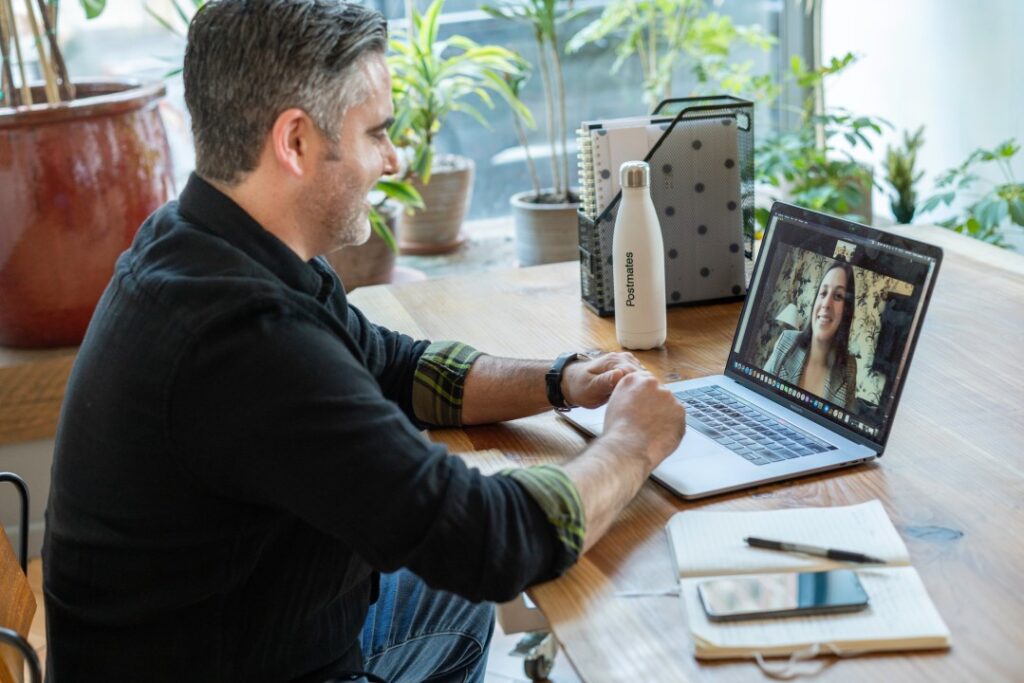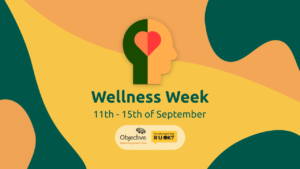Qualitative research is fundamental to gather rich insights and data from users to improve products and services. Remote one on one interviews are a common part of any project involving users. Understanding the process by being prepared for interviews will help you to succeed in your projects. Here are a few of the key takeaways that we have compiled over the past few years.
1 – Ice breakers are a must have
Imagine you’re in a job interview, and the first question is “where do you see yourself in five years at the company?”. It’s not personable, memorable or pleasant as a starting point. Kick off with an ice breaker, such as “what’s your favourite cold drink?”. It’ll help the participant to be relaxed and build rapport.
2 – Be empathetic, patient and relaxed
You’re a stranger to the participant, which can be intimidating. Sometimes participants feel as though they are being tested or studied. Remind them that they are in the interview to give their personal view. Their knowledge and skill set are not being tested.
3 – Tech issues happen, make the participant feel relaxed about it
Sometimes, technology mucks up. It’s easy to be frustrated, but that frustration shouldn’t spill over into the session. Remember it is not the fault of the participant that phones and computers don’t work. Be patient, remind the participant that it’s ok and that the session won’t be affected by the issues.
4 – Active listening is important
A conversation goes two ways. Let them talk, recognise tangents and be comfortable interrupting the participant. Let them know in advance that you might interrupt in order to stay on track. Listening carefully to recognise when a participant is no longer answering the questions, means you need to take control of the conversation and continue.
5- Not everyone talks a lot, rephrase and repeat
Some users will give a lot of details and others will be more tight-lipped. Rephrase and repeat questions so you can ensure to collect the desired data, you’ll be surprised how you can uncover extra information by repeating the question in a different way. Be sure to avoid leading questions!
6 – Be neutral
Sometimes you might be really passionate about the participant’s answers. Whether you agree with them (or have a completely different perspective!) You are there to find out the user perspective, stay neutral and never agree or disagree. A simple “please continue” is good enough to help them move on and feel considered.
7 – Reminders of security and privacy
When recruited the participants should know that they’ll be recorded, through consent provided prior. Make sure to remind the participant during the session and let them provide consent to being recorded as part of the session.
8 – Identifying at the beginning if the participant is suitable
Although recruitment agencies go through a rigorous process, sometimes mistakes can happen. Allocate a few key questions at the beginning of the interview to validate that the participant meets the requirements of the research before getting stuck into the interview. This also helps to contextualise the participant’s subject expertise for the session.
These are all points that we have gathered from conducting interviews with users from a variety of industries and sectors. These points we’ve found to be applicable to almost all interview types. Some of these points are focused on remote interviews, but can also be applied for face to face sessions.
Thanks for reading. This article is a collaboration between Ligia Pessotto and Emma Fouche, let us know if you have any other tips or questions!


